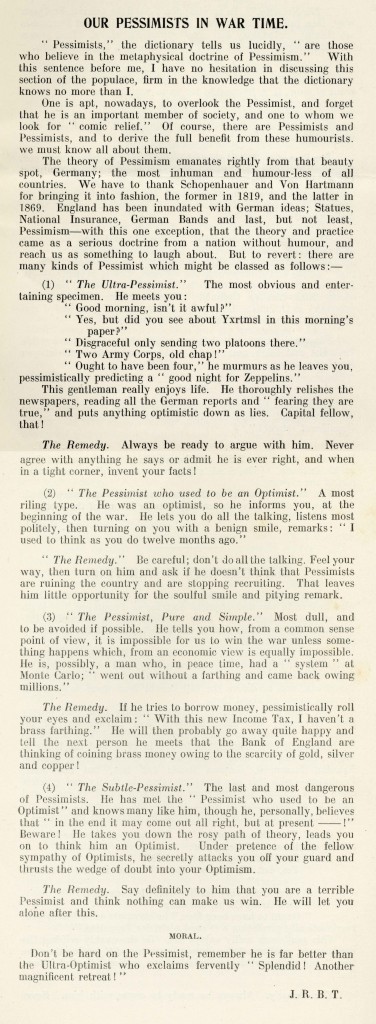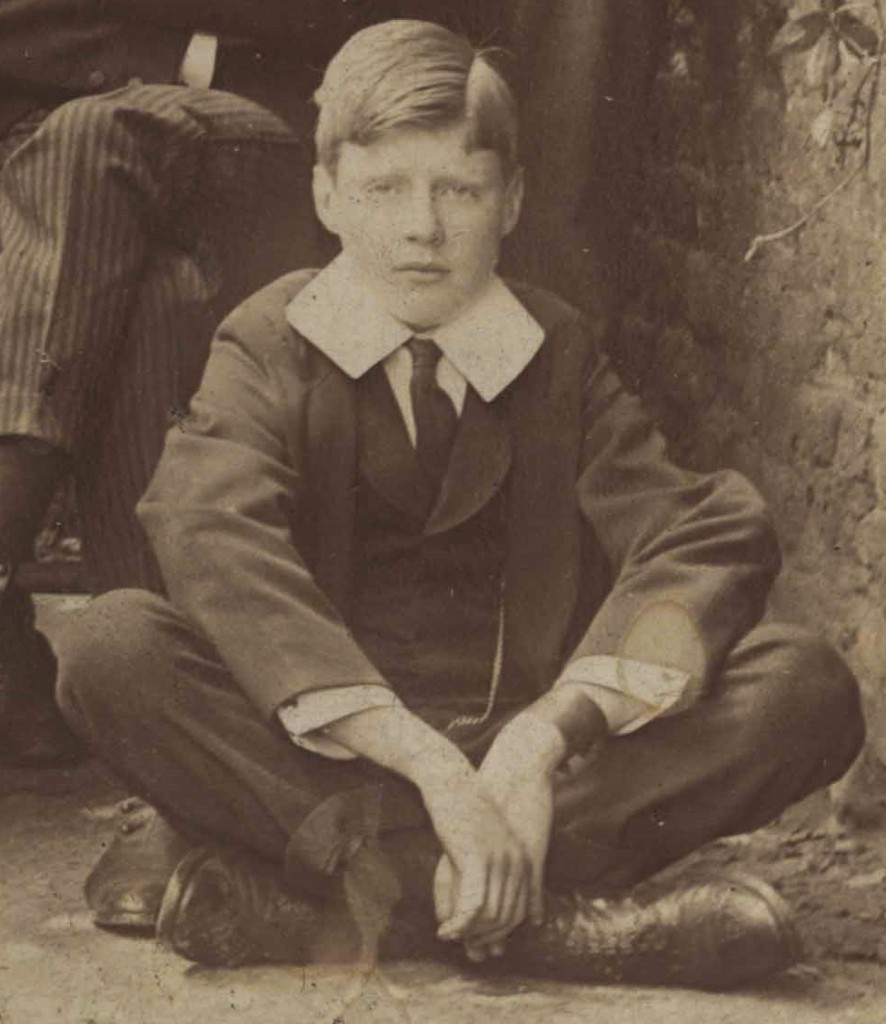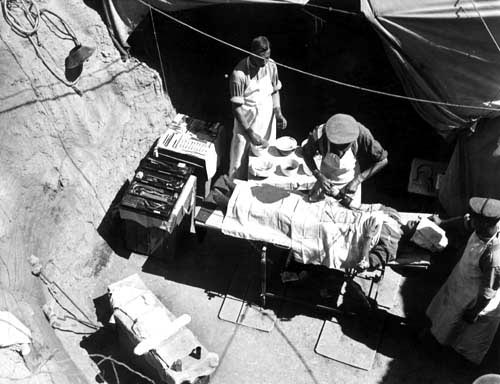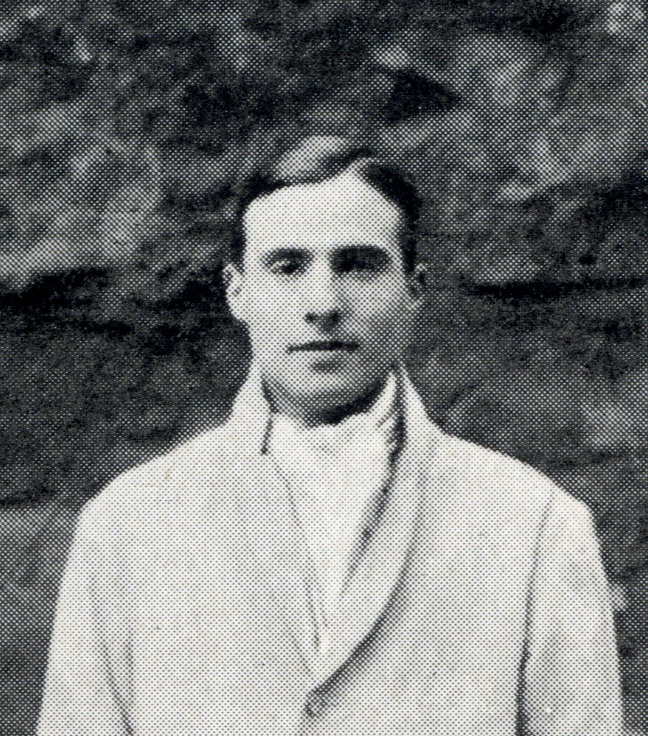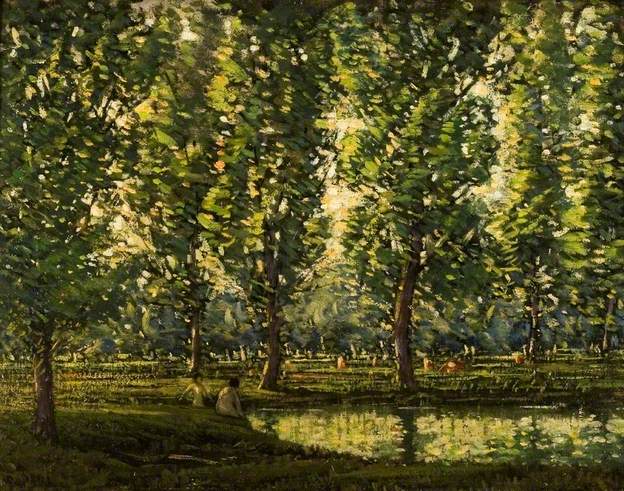THERE have been many signs lately that seem to betray a growing slackness up Fields, a steady falling-off in the interest which should be accorded to games. This has been manifested in various ways : failure to cross one’s name out on the games’ lists, an omission which causes immense trouble ; a disinclination to play football at all on the part of the boys high up in the School ; a wretched attendance, or rather lack of it, at matches, and, as a correspondent points out in this issue, a painful lack of enthusiasm in those who are on the ground, which contrasts vividly with the interest and excitement displayed by the ‘railings.’
This spirit may be charitablyattributed to the War, the universal scapegoat. It is hard nowadays to concentrate even on work, when other work is going on elsewhere that seems so much more engrossing, so much more vital. And it is certainly doubly difficult to find the necessary enthusiasm and energy for games ; indeed many acutely feel the incongruity of their employment when they go up Fields in footer’ change, and have to pass along Victoria Street with its ample numbers of men in khaki, and perhaps a recruiting sergeant hovering near. Now we can only do this without misgiving, and we can only play games as they should be played, with heart and soul, if we are obsessed by the conviction that we are doing the right thing ; and there is no doubt that we are doing the right thing.
If there is one thing this War has made manifest, it is the worth of that much-maligned being, the Public School Man. We cannot be accused of undue pessimism, we think, when we say that the Public School Man is still in great demand, and is likely to be for some considerable time. Therefore the supply must equal the demand. ‘Very true,’ says our advocatus diaboli, ‘but are games necessary at the present time ? ‘We might content ourselves with pointing out that games are an integral part, and no unimportant one, of that system which has produced the men who are so lightheartedly and efficiently officering our armies. But what else can be suggested in their place ? Some form of physical exercise is necessary, especially in London. What about the corps ?’ says our imaginary opponent with commendable promptitude; let us devote all our energy to that, and play no games at all.’ Now this is a specious argument, and the rejection of it would seem to imply a lack of patriotism ; but we do riot think it sound or practicable, although such questions of course must eventually rest in other hands than ours. If we were in the country, and could devote unlimited time to field work, or even if we were so efficient in our drill that we could pay proper attention to physical exercises, then perhaps the question might be considered. By all means take every care that games do not interfere with military duties, which must be paramount nowadays, but, nevertheless, carry on with the games.
All of us, no doubt, have marvelled at the popular catch-word, ‘Business as usual,’ and thanked God that England has not been doing her business as usual during the past year. No ; our duty is to do our business with ten times more zeal than usual, with ten times more energy, with ten times more conviction.
And let us not be deterred by its nature. Whether it be military duties, the most congenial business, or work in School, which is work after all, as we, no doubt, say subconsciously to ourselves, but also if it be games, let us put our whole soul into it, as surely as some day we hope to put our whole soul into a grimmer and more exacting game.
From The Elizabethan, November 1915
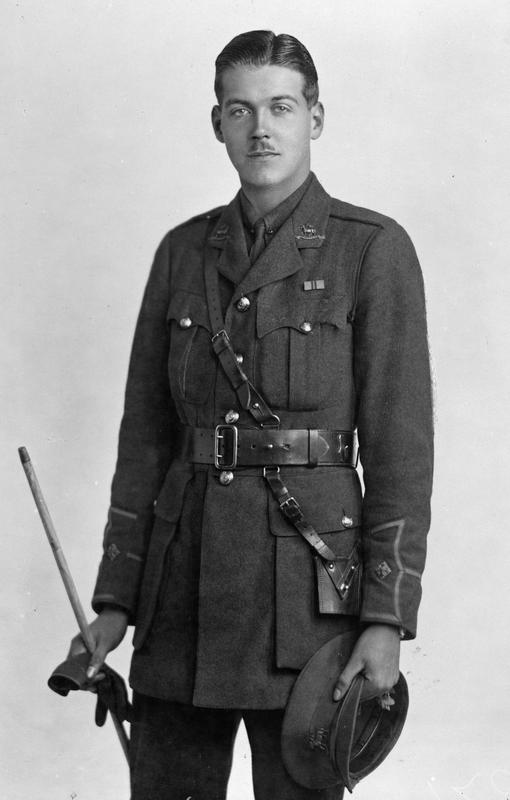 Kenneth Wilcox was the only son of Rev. G.A. Wilcox, who was the vicar of St George’s Battersea Park and who had previously been temporary chaplain to the forces. Kenneth was admitted into Homeboarders’ in May 1905 for a year.
Kenneth Wilcox was the only son of Rev. G.A. Wilcox, who was the vicar of St George’s Battersea Park and who had previously been temporary chaplain to the forces. Kenneth was admitted into Homeboarders’ in May 1905 for a year.